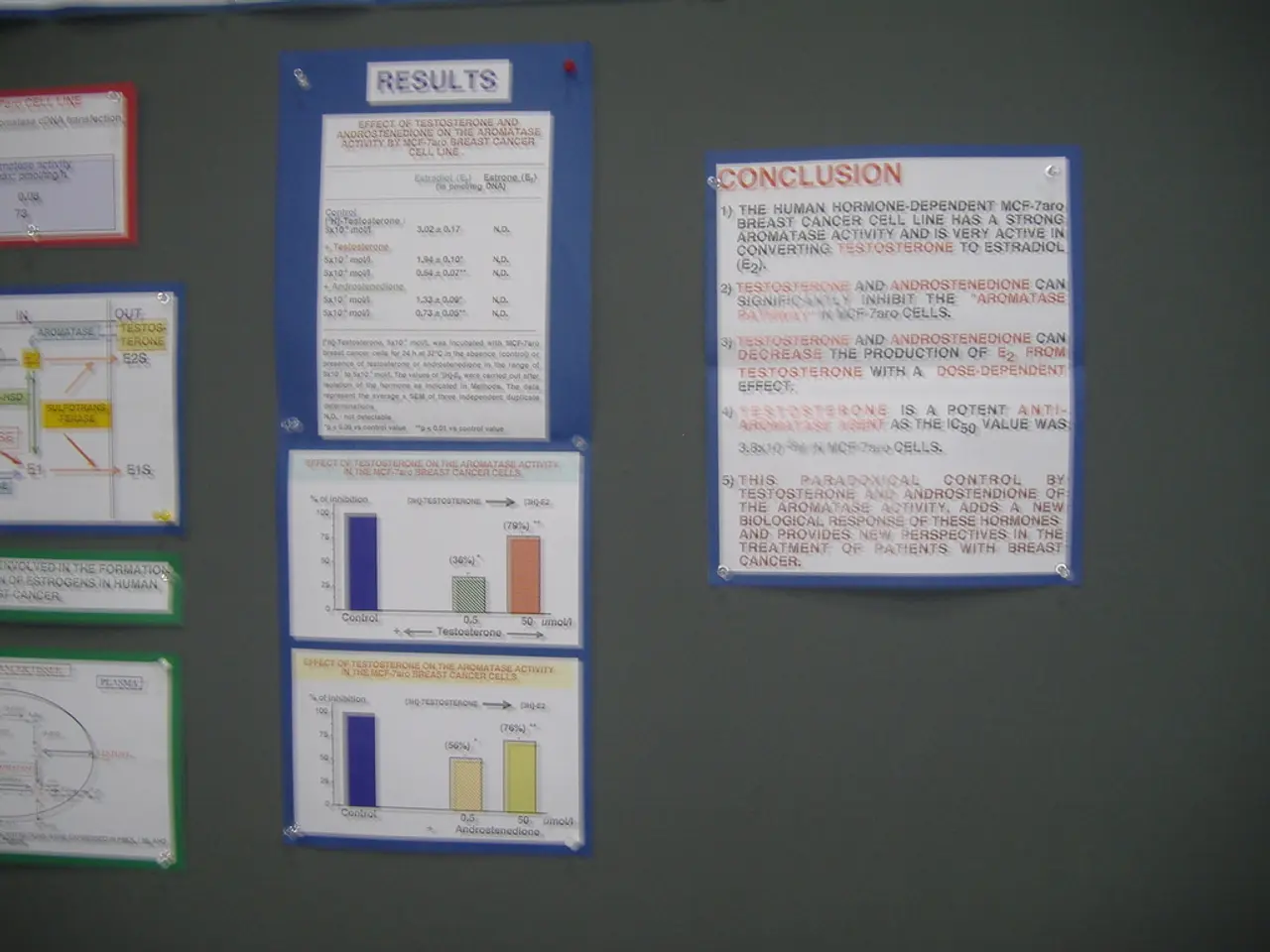Brief on WHS Legislation
In the first half of 2025, Work Health and Safety (WHS) law in New South Wales has seen significant developments. Here are some key issues and trends that have emerged:
- SafeWork NSW’s High Risk Workplaces and Repeat Offenders Program SafeWork NSW has introduced a program targeting duty holders (Persons Conducting a Business or Undertaking—PCBUs) with an elevated risk profile and repeat offenders. The program aims to prioritize regulatory resources and enforcement on high-risk workplaces. Guidelines have been published, but the specific consequences for PCBUs—especially when enforcement action follows—are still unfolding.
- Regulatory Priorities for 2025/26 SafeWork NSW has proposed to focus on falls from heights, harms in healthcare and social assistance sectors, managing psychosocial risks, exposure to hazardous chemicals, and injuries from mobile plant, vehicles, or machinery. These priorities will guide inspection and compliance efforts in the coming months.
- Increasing Focus on Psychosocial Hazards and Industrial Relations WHS regulators are investigating psychosocial risks linked to workplace restructures and industrial relations matters such as work/rest periods, consultation about reporting lines, and concerns about sexual harassment. For example, enforceable undertakings have been used for cases involving psychosocial hazards during restructures, showing expanded regulator interest beyond traditional safety hazards.
- Implications for PCBUs PCBUs carry broad duties to ensure safety, including consultation obligations with Health and Safety Representatives (HSRs) and workers when identifying hazards or making policy changes. Non-compliance can lead to improvement/prohibition notices, enforceable undertakings, and criminal penalties, including new industrial manslaughter laws introduced in 2025. PCBUs must extend WHS compliance to remote or home workplaces, covering mental health and ergonomic risks for all workers regardless of work arrangements.
Additional developments affecting PCBUs include expanded union entry rights, which authorize union officials to collect evidence and trigger investigations, increasing the need for robust record-keeping and visible WHS compliance measures on sites. Sexual harassment has risen as a WHS focus area, with SafeWork NSW expanding scrutiny beyond hospitality to retail and healthcare sectors due to shared risk factors like casual and young workforces and high customer contact.
In summary, the period February to July 2025 evidences a trend towards targeted enforcement on high-risk and repeat offending PCBUs, greater regulatory action on psychosocial risks and industrial relations issues, and broader obligations for PCBUs covering both physical and mental health risks across diverse work environments. SafeWork NSW’s new High Risk Workplaces and Repeat Offenders Program is a central element of this intensified regulatory approach.
- The renewable energy industry should prioritize workplace-wellness initiatives to mitigate psychosocial hazards, as these risks have gained significant attention from WHS regulators.
- Efforts towards improving health-and-wellness in the leadership of businesses can lead to increased productivity and a more positive workplace culture, which is essential for maintaining a competitive edge in today's industry.
- Finance departments can play a critical role in supporting the implementation of energy-efficient practices within a company, thereby contributing to financial savings and the promotion of renewable-energy usage.
- The expansion of union entry rights is an opportunity for businesses to collaborate with unions to drive positive changes in the realm of work health and safety, ultimately improving the overall well-being of their employees.
- The healthcare and social assistance sectors must prioritize compliance with WHS regulations regarding falls from heights, hazardous chemicals, and mobile plant, vehicles, or machinery to reduce on-the-job injuries and improve industry performance.




